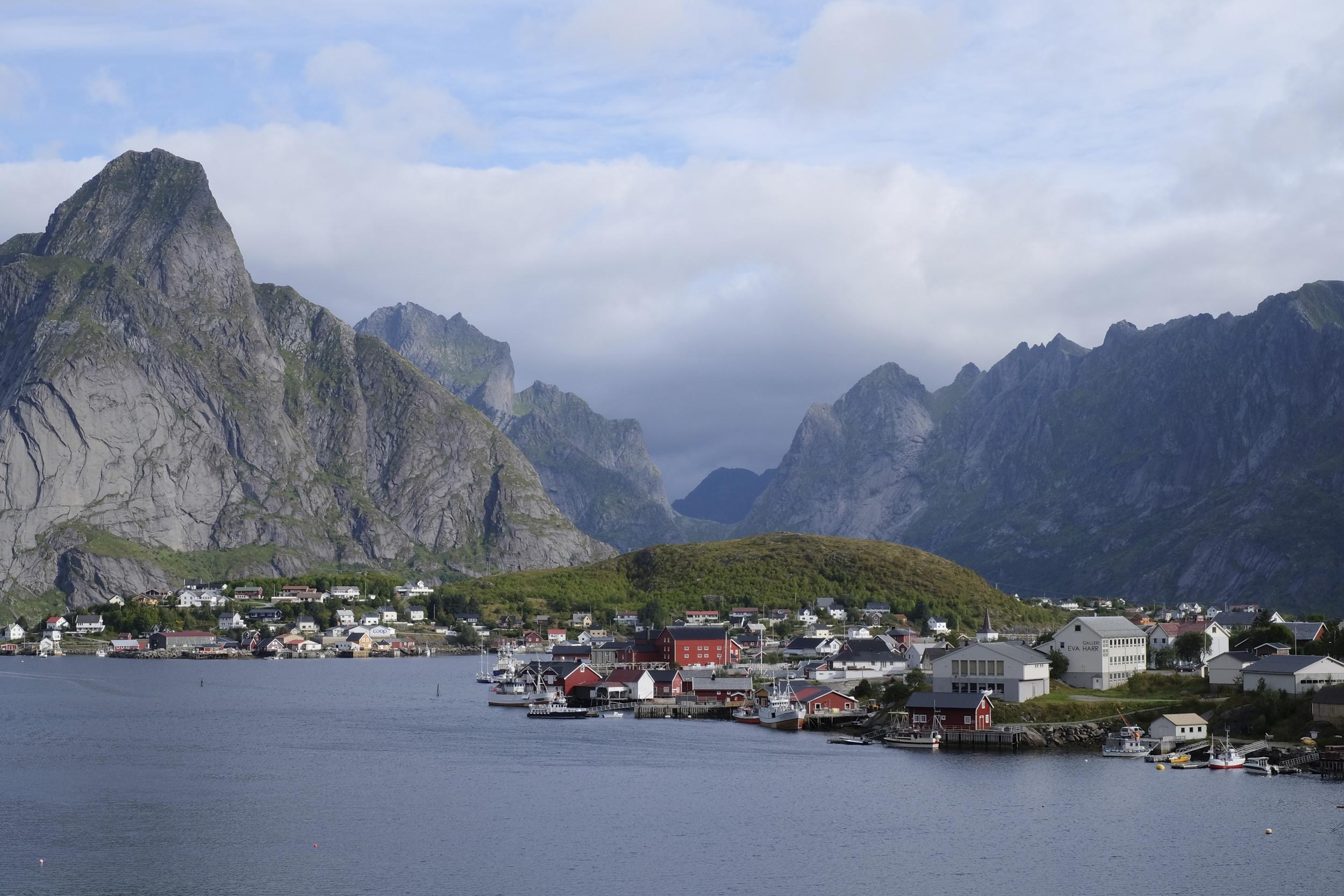Norway becomes world's first country to switch off FM radio
Oslo will roll out a digital-only service over the course of the year in a bid to save 200 million krone (£19 million) a year

Your support helps us to tell the story
From reproductive rights to climate change to Big Tech, The Independent is on the ground when the story is developing. Whether it's investigating the financials of Elon Musk's pro-Trump PAC or producing our latest documentary, 'The A Word', which shines a light on the American women fighting for reproductive rights, we know how important it is to parse out the facts from the messaging.
At such a critical moment in US history, we need reporters on the ground. Your donation allows us to keep sending journalists to speak to both sides of the story.
The Independent is trusted by Americans across the entire political spectrum. And unlike many other quality news outlets, we choose not to lock Americans out of our reporting and analysis with paywalls. We believe quality journalism should be available to everyone, paid for by those who can afford it.
Your support makes all the difference.Norway has become the first country to switch off FM radio despite concerns about the move being premature.
The northern county of Nordland stopped broadcasting using analogue frequencies on Wednesday as the Government plans to roll out digital-only radio over the course of the year.
Oslo hopes the measure will save 200 million Norwegian krone (£19 million) a year as the country has struggled to make sure its ageing FM equipment still emits signals over its vast, sparsely populated territory, which is covered in signal-blocking fijords and forests.
Stephen Lax, a lecturer in Communication Technology at the University of Leeds, told the New Scientist that Norway’s geography made analogue radio transmission particularly difficult.
He said: “Norway has many mountains and valleys that the robust nature of DAB can help with.
“Additionally, its FM radio infrastructure was coming to the end of its life, so they would’ve needed to either replace it or fully commit to DAB anyway.
“DAB can run at lower power levels so the infrastructure electricity bills are lower. Also the sound quality is better”.
The Government estimates that 70 per cent of Norwegian households already have a digital set and pointed out the country has 26 DAB stations but only five on FM.
But critics have said there are over two million cars on the roads which do not have DAB radios, which could be potentially dangerous during the winter months when Norwegians rely on radio updates about adverse weather.
Ib Thomsen, an MP from the Progress Party – which is part of the ruling coalition – said the country was “not ready” to make the switch yet.
He said: "There are 2 million cars on Norwegian roads that don't have DAB receivers, and millions of radios in Norwegian homes will stop working when the FM net is switched off. So there is definitely a safety concern".
But the head of Digital Radio Norway, a organisation set up by state broadcasters NRK and P4 to manage the transition, Ole Joergen Torvmark, is optimistic about the change over.
He said: "We're the first country to switch off FM but there are several countries going in the same direction".
Switzerland is planning to phase out its own FM transmitters by 2020 and Britain is considering following suit once the proportion of people listening to digital radio reaches 50 per cent.
Mr Torvmark said cars were the “biggest challenge” but a good digital adapter for an FM car radio cost 1,500 Norwegian krone (£143.61).
Join our commenting forum
Join thought-provoking conversations, follow other Independent readers and see their replies
Comments